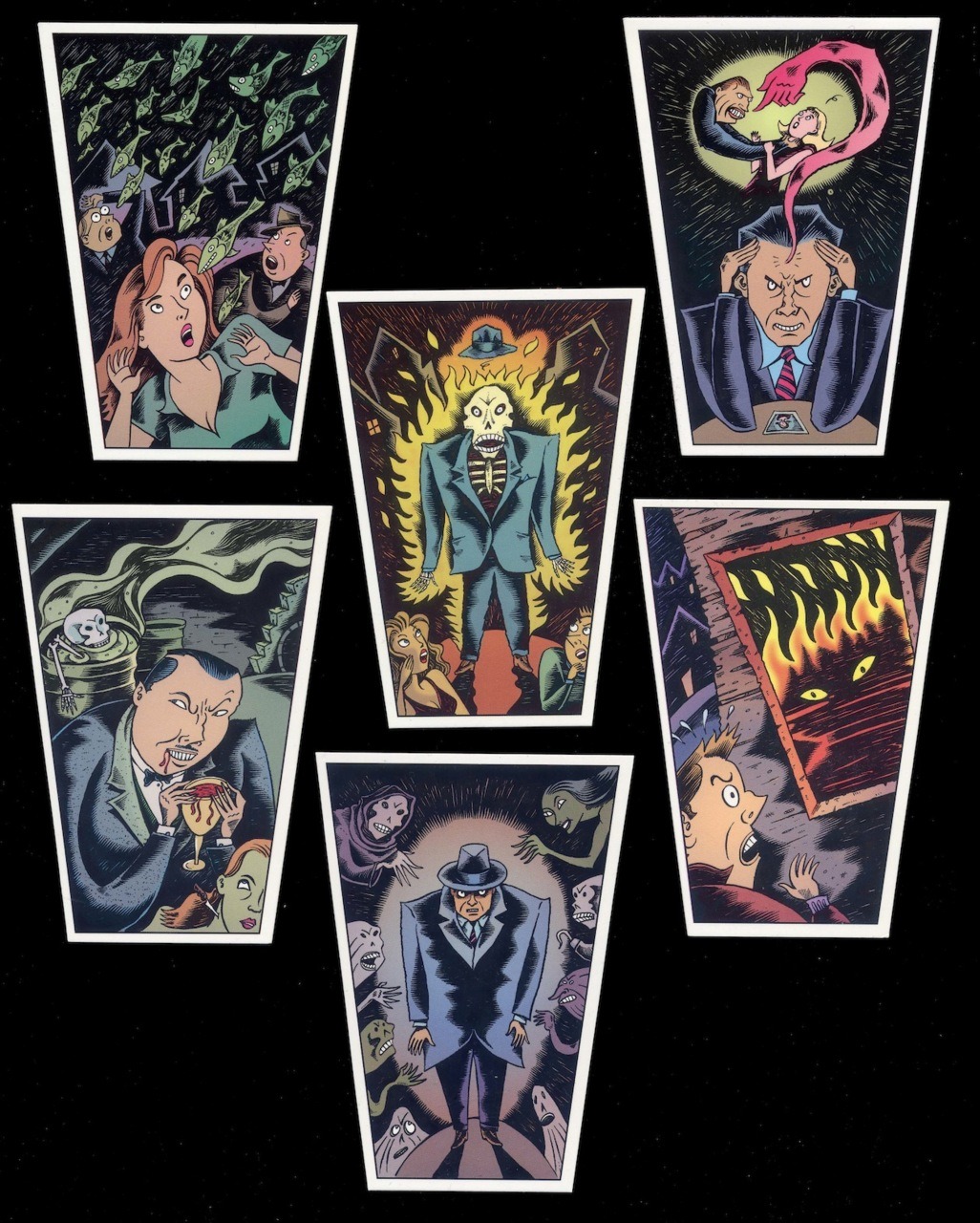Something Should Remain Unsaid
Narrative art must be clear, but it must also be mysterious. Something should remain unsaid, something just beyond our understanding, a secret. If it’s only clear, it’s kitsch; if it’s only mysterious (a much easier path), it’s condescending and pretentious and soon monotonous.
STEPHEN SONDHEIM
Something Should Remain Unsaid




